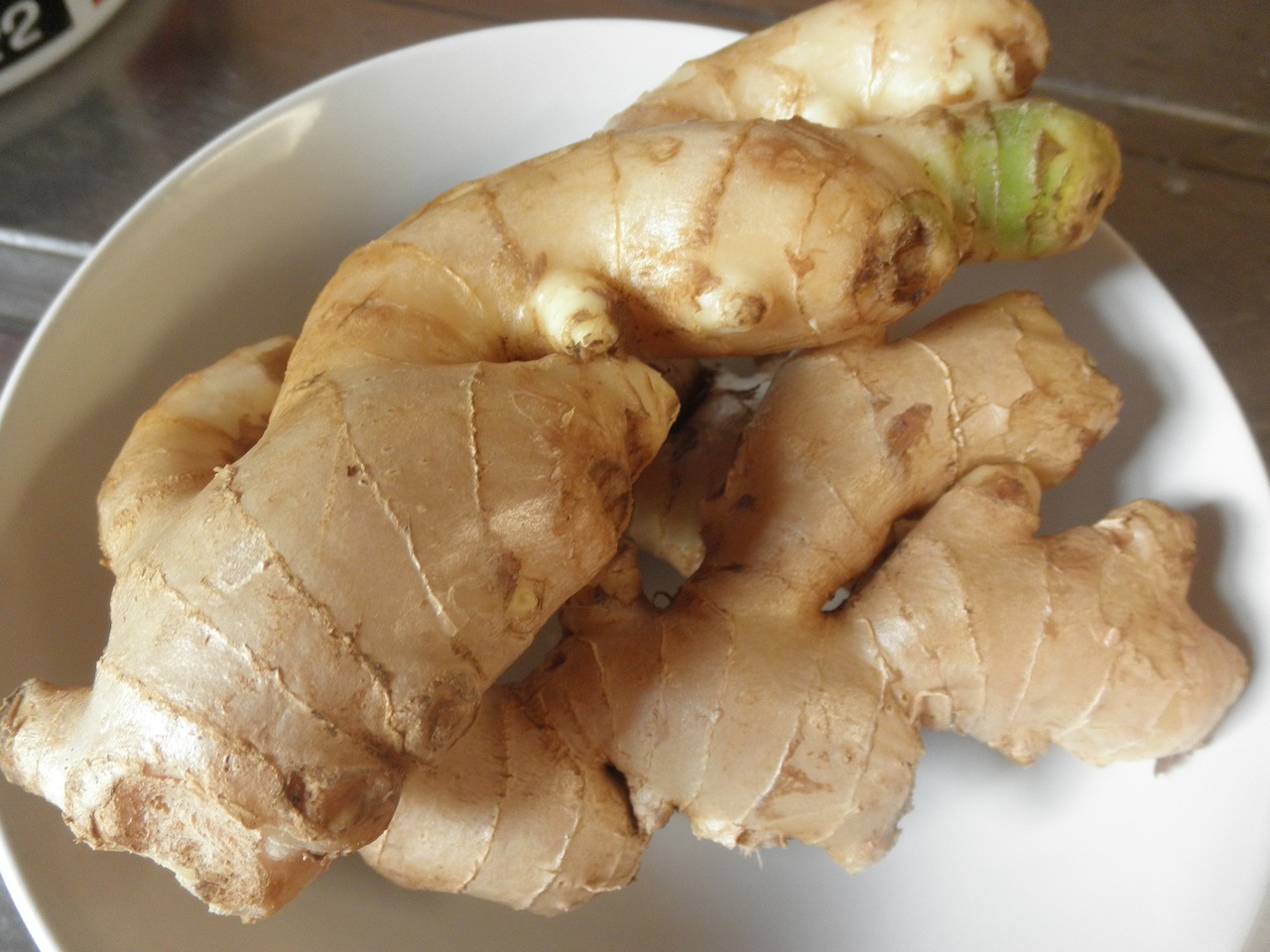Ginger has long been celebrated for its myriad health benefits, and it has gained particular attention during pregnancy. Many women experience morning sickness, a common and often distressing symptom in the first trimester. Ginger for pregnant women has emerged as a popular remedy, known for its ability to alleviate nausea and promote overall well-being. This versatile root possesses natural anti-inflammatory properties and can be consumed in various forms, making it a convenient option for expectant mothers.
The use of ginger during pregnancy is both an age-old practice and a modern solution. From ginger tea to ginger-infused snacks, many women are turning to this natural ingredient to help them navigate the ups and downs of pregnancy. However, while ginger is generally considered safe, it is crucial for pregnant women to consult with their healthcare providers before incorporating it into their diet. This ensures that they can enjoy its benefits without any potential risks.
In this article, we will explore the effectiveness, safety, and various uses of ginger for pregnant women. We will also address common questions and concerns regarding its consumption during this pivotal time, helping you make informed choices for a healthier pregnancy.
What Are the Benefits of Ginger for Pregnant Women?
Ginger has been studied for its potential benefits during pregnancy, particularly in relation to nausea and vomiting. Some key benefits include:
- Reduces nausea and vomiting, especially in the first trimester.
- Helps alleviate digestive discomfort.
- Contains anti-inflammatory properties that may benefit overall health.
- Provides antioxidants that can support immune function.
Is Ginger Safe for Pregnant Women?
When consumed in moderation, ginger is generally considered safe for pregnant women. However, it’s essential to keep the following points in mind:
- Consult your healthcare provider before adding ginger to your diet.
- Avoid excessive amounts, as high doses may lead to complications.
- Monitor your body’s response and adjust your intake accordingly.
How Can Pregnant Women Incorporate Ginger into Their Diet?
There are several delicious and convenient ways to include ginger in your daily meals. Here are some popular methods:
- **Ginger Tea:** Brew fresh ginger slices in hot water for a soothing drink.
- **Ginger Ale:** Opt for natural ginger ale made with real ginger.
- **Ginger Candy:** Chew on ginger candies for a quick remedy on the go.
- **Smoothies:** Add ginger to your favorite smoothie for a zesty kick.
What Are the Side Effects of Ginger During Pregnancy?
While ginger is well-tolerated by many, some pregnant women may experience side effects, including:
- Heartburn or acid reflux.
- Increased menstrual flow (if taken in large amounts).
- Stomach upset or discomfort.
It’s important to listen to your body and stop consuming ginger if you experience any adverse effects.
How Much Ginger Should Pregnant Women Consume?
The recommended daily intake of ginger for pregnant women varies. Most studies suggest that a safe amount is around 1 gram (approximately one teaspoon) of ginger daily. However, it’s crucial to discuss your individual needs with your healthcare provider.
What Are Some Ginger Recipes for Pregnant Women?
Here are a few simple recipes that incorporate ginger:
- **Ginger Lemonade:** Combine fresh ginger juice with lemon juice and honey for a refreshing drink.
- **Ginger Carrot Soup:** Blend cooked carrots with ginger, vegetable broth, and spices for a warm soup.
- **Ginger Oatmeal:** Add grated ginger to your morning oats for added flavor and health benefits.
Can Ginger Help with Overall Health During Pregnancy?
In addition to alleviating nausea, ginger may positively impact overall health during pregnancy. Its anti-inflammatory properties can help reduce swelling, while its antioxidants may support fetal development. However, more research is necessary to fully understand its effects.
Conclusion: Is Ginger a Good Choice for Pregnant Women?
In summary, ginger can be a beneficial addition to the diets of pregnant women, particularly for those struggling with nausea and vomiting. Its versatility and natural healing properties make it an appealing option. However, it is essential to approach its consumption with caution and always consult a healthcare professional to ensure safety and proper dosage.
Unraveling The Mystery: When Does Derek Due?
Illuminating Your Look: Exploring The Allure Of Sun Moon Hairstyles
Exploring The World Of Famous Actors With Black Hair Male


